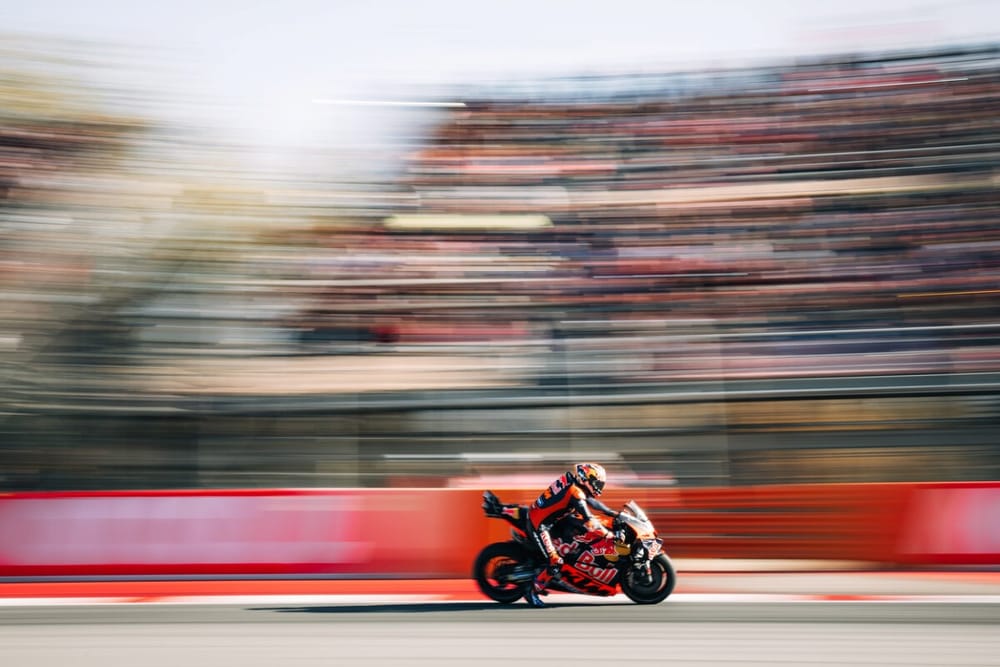The longer-term future of KTM’s MotoGP racing programme may well be in doubt, after fresh financial disclosures revealed the extent of Austrian parent company Pierer Mobility’s financial woes.
KTM applied for 'self-administration' - a concept in German and Austrian insolvency law where the debtor, as per KTM, "continues to manage the assets under supervision" - and it was subsequently revealed by Austrian credit union AKV that KTM is estimated as being nearly €3billion in debt. That situation has inevitably already led to cuts being made - with more to come.
Under self-administration, the company is now expected to work out a debt repayment plan in the coming weeks that should at least stabilise the business in the interim.
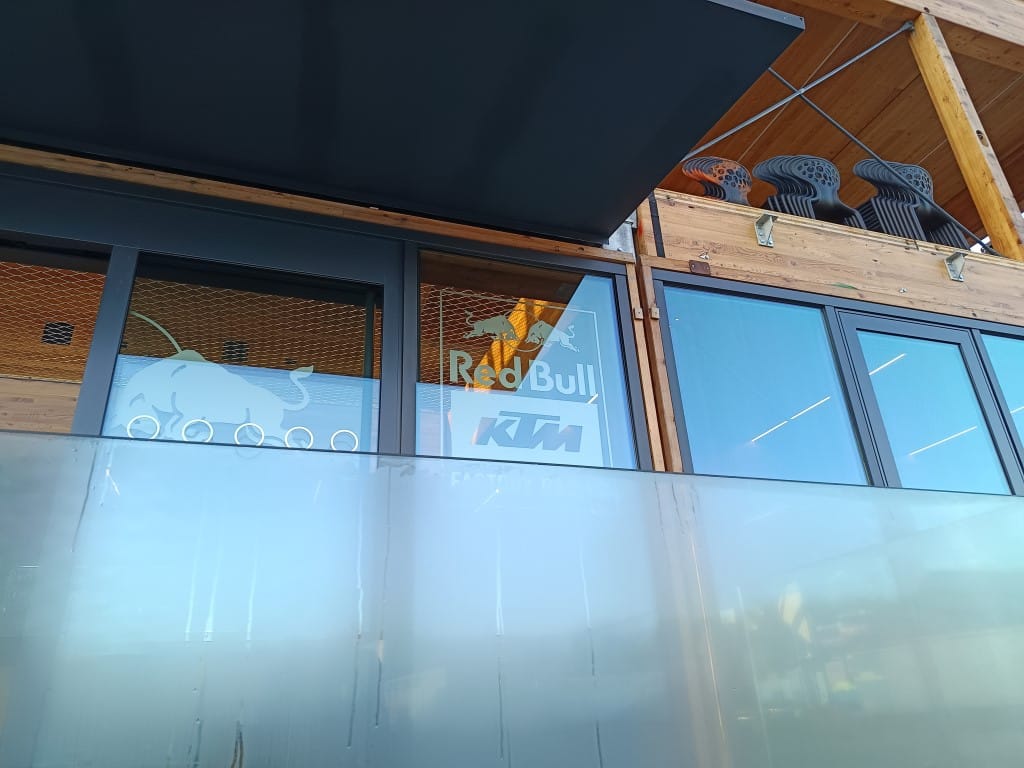
It seems that Pierer Mobility is somewhat a victim of its own success, expanding aggressively during and after the COVID crisis not just with other brands like GasGas, Husqvarna and MV Agusta, but also into cycling by purchasing a number of other companies in that field.
As a result, a third of the nearly €3billion debt currently owed to a combination of Austrian banks, suppliers and employees reportedly comes from brands other than KTM within the Pierer Mobility group despite KTM still being responsible for 95% of the company’s profit.
The financial problems have been aggressively reflected in tumbling stock prices as investors come to understand the severity of the issues that the company faces, with cost of a share falling from a high of €102 in January 2022 to under €10 this week, albeit with a small upward tick upon the announcement of the voluntary administration plan.
The financial woes have already had an impact on the group's grand prix racing programme, with an announcement coming earlier this year that the GasGas and Husqvarna brands would disappear from factory MotoGP satellite team Tech3 (which reverts to KTM colours for 2025) and from Moto2 and Moto3 squad IntactGP respectively.
Will KTM be on the MotoGP grid?
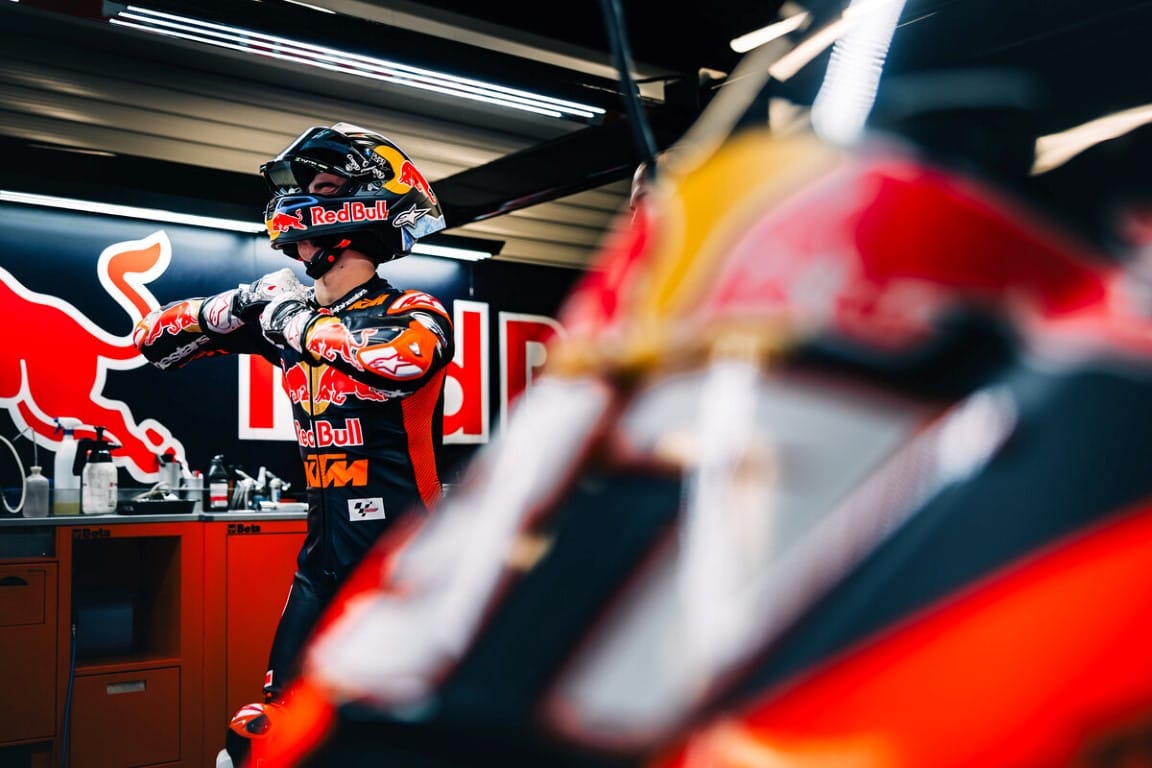
Right now, it seems like the expected cuts won’t have an impact on KTM's main MotoGP racing programme, however, with head of racing Pit Beirer telling Austrian newspaper Kronen Zeitung last week that next season is already budgeted for - but admitting that there might be issues ahead as the series prepares for a radical redesign in 2027.
“Fortunately, the bike for the next season is ready and waiting in the workshop,” he said. “The start of the 2025 season is organised and MotoGP has stopped engine development for 2026, which helps us immensely in the current situation.
“In technical terms, the motorcycles will no longer make any major leaps and in 2027 the plan is to make some changes, for example to ride-height devices or aerodynamics. The new 850cc engines are also coming.
“At some point, however, we will have to start building these new motorcycles. And until it is clear how we are going to proceed, these plans are currently on hold.”
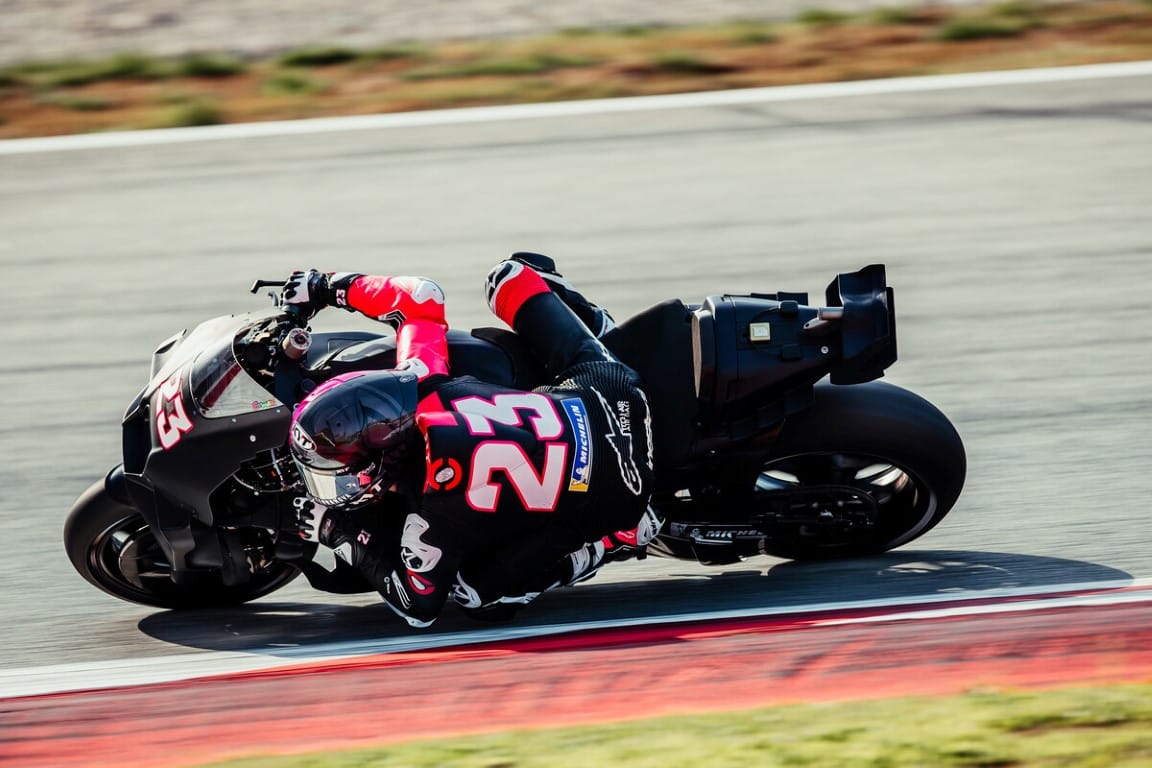
KTM has four bikes entered in MotoGP, and has made two high-profile rider signings for next year in Maverick Vinales and Enea Bastianini - who will ride for Tech3 but are contracted directly to KTM, on deals announced as multi-year so presumably covering 2025 and 2026.
It has been reported that KTM has personally reassured Vinales and Bastianini, as well as works team duo Pedro Acosta and Brad Binder, that the MotoGP programme will proceed as planned.
Talent pipeline
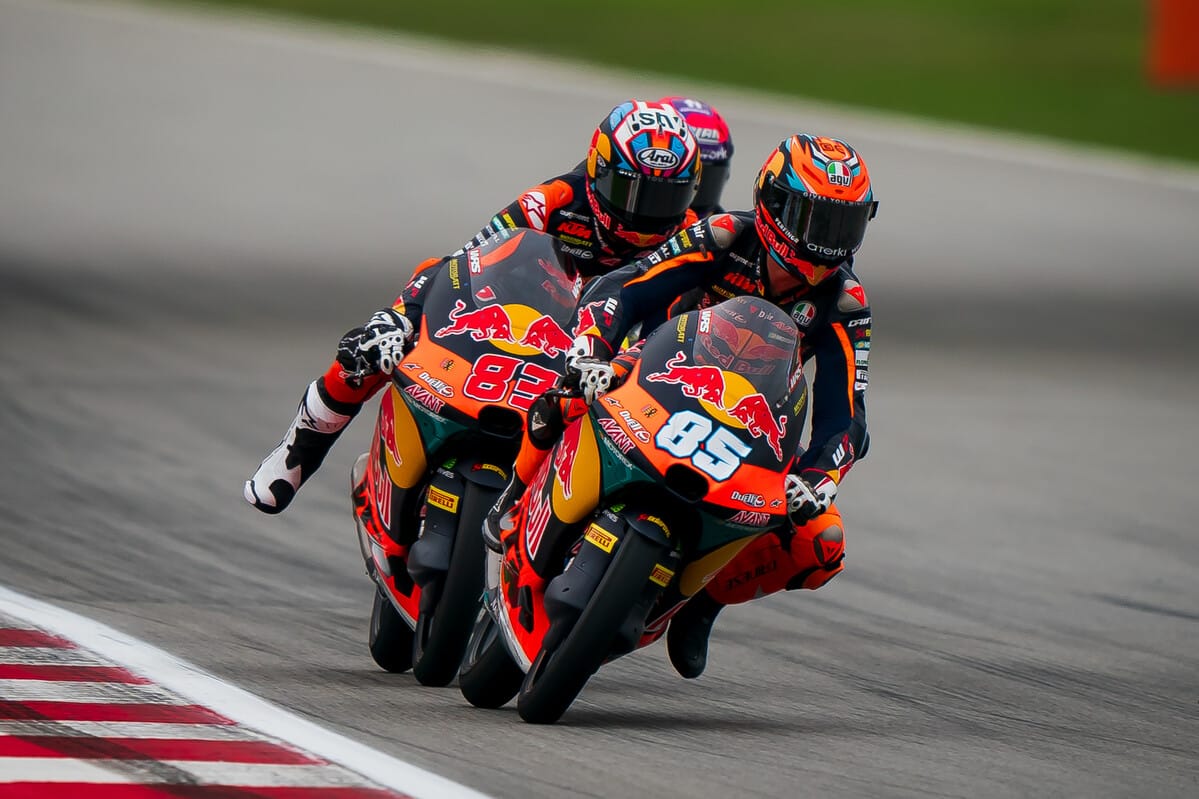
One area where there might be more immediate cuts, though, is in the expansive talent development pathway, especially given that in recent years it has somewhat failed to deliver for KTM.
The company has been a huge proponent of bringing young talent up through the ranks - but it has on multiple occasions backfired by feeding talent into rival MotoGP programmes instead, with reigning MotoGP world champion Jorge Martin the most recent example of one that got away when he used a clause in his contract to defect to Ducati on the eve of his premier-class debut.
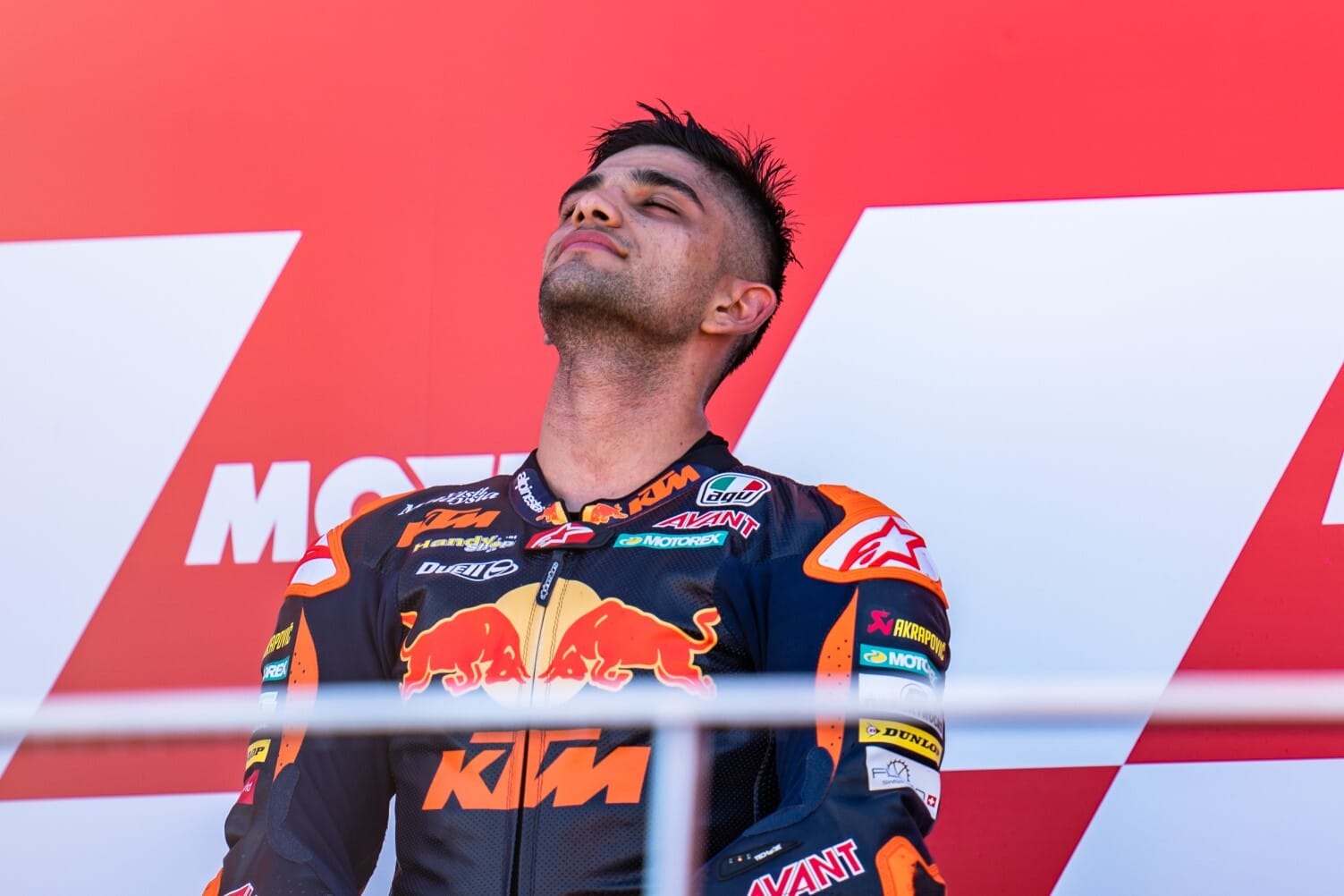
"We have invested a lot in Moto2 and Moto3 in order to train young riders there who in the end have not always signed with us for MotoGP," Beirer added.
“These classes must become a cost-covering customer business for us.
“There will also have to be discussions about who has to be involved in ensuring that we continue to train young talent for all manufacturers together with Red Bull, such as in the Red Bull MotoGP Rookies Cup.”
Wise to be racing?
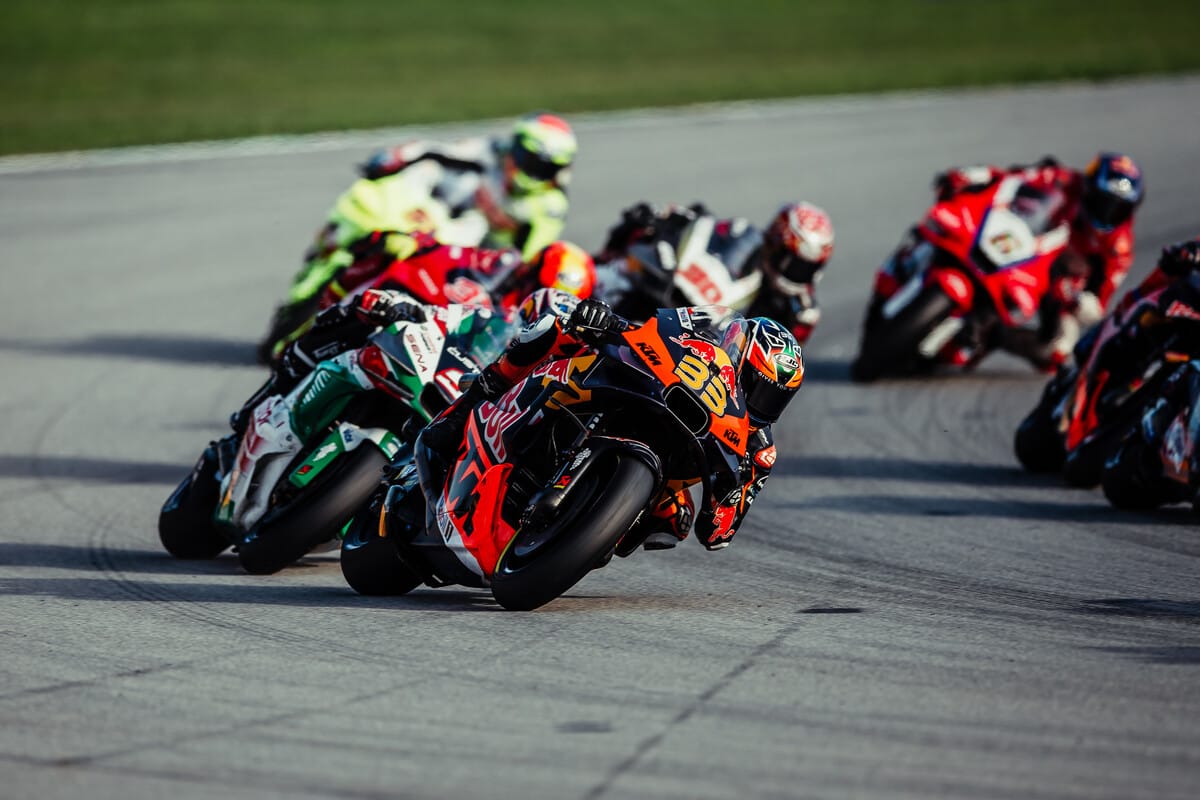
The question of whether KTM can afford to be racing on from a purely financial point of view is a different one, it should be noted, to the question of whether it can afford to be seen racing.
Given the sheer amount of strife that its parent company is in, even if KTM's MotoGP programme is all budgeted for, any racing display can be seen as an act of ostentatiousness, a kind of 'feast when there's famine' - especially when workforce cuts are being made.
However, while Beirer might be expecting to see some changes to his racing programme in the coming years, the former MXGP racer is also adamant that racing will remain a part of KTM’s identity going forward.
“You also have to bear in mind that we represent and promote KTM in all the championships we take part in,” he explained.
“Motorsport is the clear identifier for KTM around the world and the best platform. Every KTM sold carries the spirit of motorsport involvement and every title we win. Giving up is not an option in racing either.”
It was the kind of mindset also reflected in Binder's words earlier this year.
"The only thing I can try to do is win some races," he told media when asked about KTM's crisis back in October.
"What wins on Sunday sells on Monday - so that's my new motivation here."
Investment candidates?
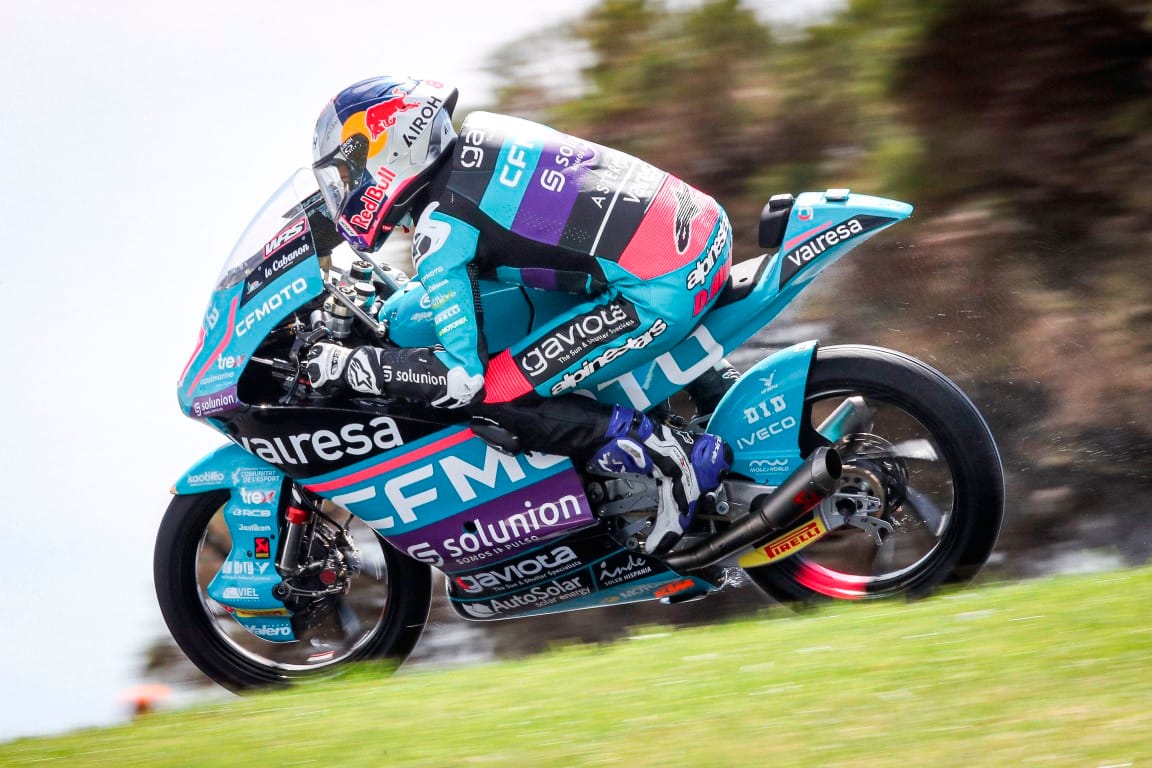
There are others in the industry already involved with KTM or its owner who could be candidates to step up if that ends up being required.
With it already 49% owned by Indian conglomerate Bajaj Auto, a key subcontractor that first bought a share in the company in 2007 and has aggressively expanded it since, there have already been suggestions that Bajaj might look to expand its stake.
The same suggestions have been made of Chinese brand CFMoto, another manufacturer which, like Bajaj, builds components and completes small-capacity bikes for the Pierer group - and which, unlike Bajaj, has already enjoyed considerable racing success with the KTM family and specifically the Aspar team, including winning the 2024 Moto3 crown with David Alonso.
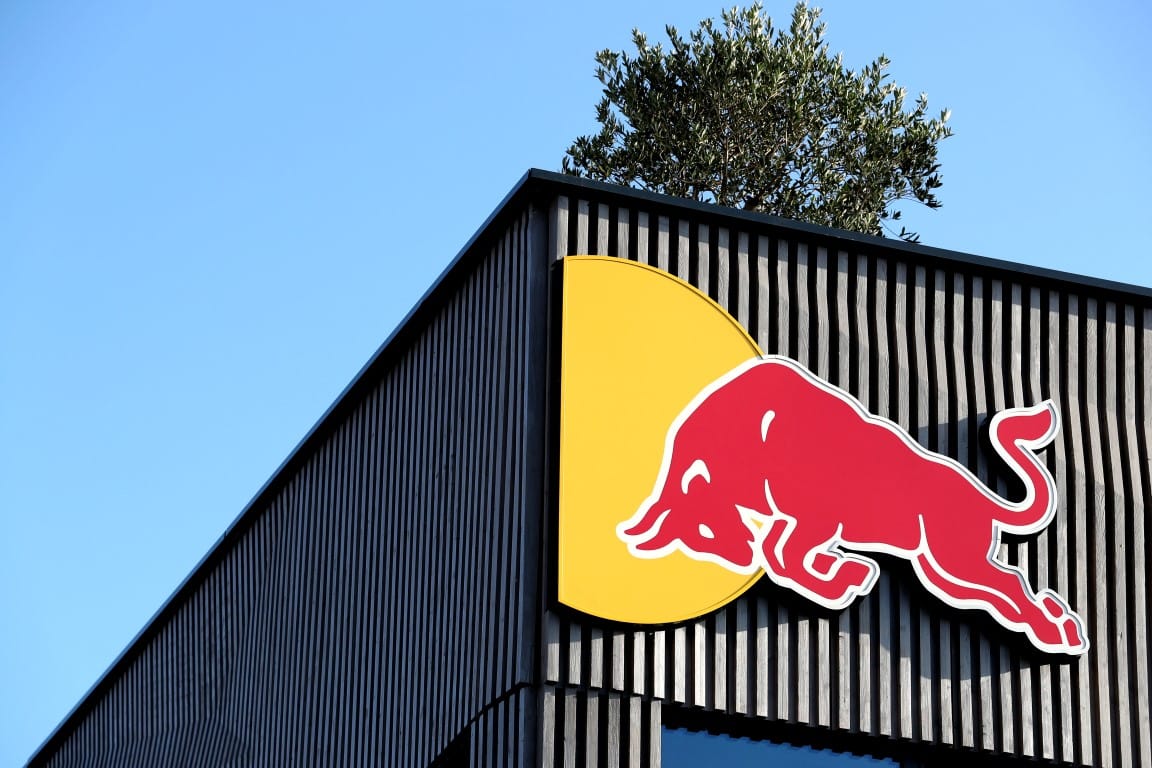
Group boss Stefan Pierer also enjoys a close business relationship with Mark Mateschitz, heir to the European half of the Red Bull group, a long-time KTM partner when it comes to its motorsport project, with the pair recently forming their own investment group together.
There has even been suggestions that, should KTM’s racing programme look set to face significant cuts, Red Bull could even step in as a potential new owner, taking the team completely in-house as it's done with its Formula 1 efforts.
That's something likely to be quite an interesting prospect as MotoGP prepares to enter a new era under the ownership of Liberty Media. For now, though, KTM has publicly denied any plans for Mateschitz to join the ownership structure.

